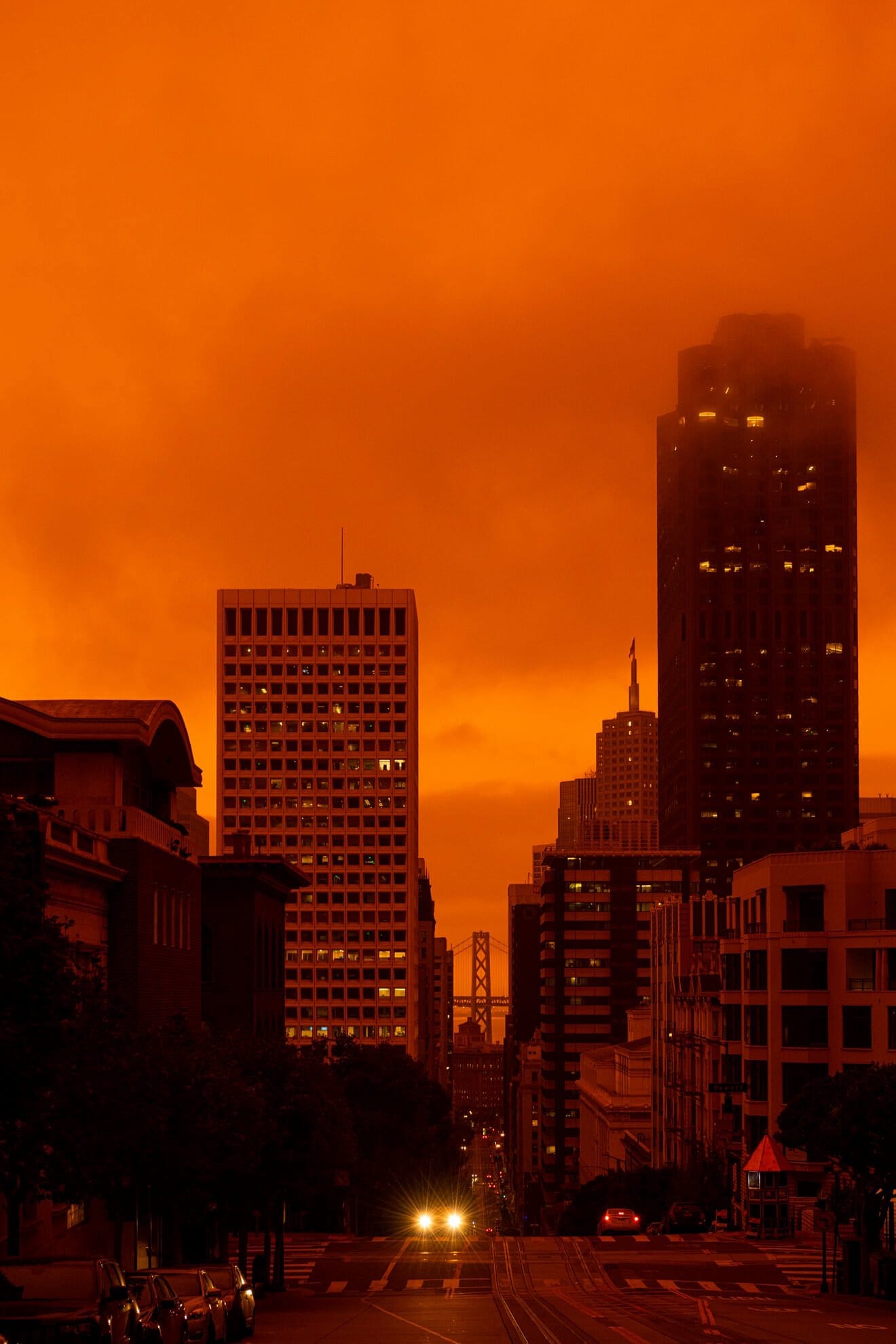
It Takes a Planet – A zine about what you—and everyone—can actually do to work on climate solutions
Download the print version of the zine here, or continue to read below! It takes a planetIt takes a planet.pdf747 KBdownload-circle Looking for the climate week raffle? We're giving away a free session with a climate career
Download the print version of the zine here, or continue to read below! It takes a planetIt takes a planet.
Outline
Download the print version of the zine here, or continue to read below!
Looking for the climate week raffle? We're giving away a free session with a climate career coach, and resume reviews for runner-up winners!
Hey, we noticed you care about climate change. We do too—and we want to do more about it with you.
Easier said than done, right? The problem is so massive, it’s hard to feel like you fully comprehend it, let alone know where to begin. That’s where we come in.
We’re an online climate school. Since 2020, we’ve helped thousands of people understand both the problem and how their talents and interests can help tackle it. And that last part—making your strengths part of the solution—is foundational to us.
As a community of people who, like you, want to make a real impact through connection, knowledge, and meaningful action, we’re not just about the need to scale up and finance shiny techno-fixes. That stuff matters a lot, but it’s nothing without justice and heart.
Some facts: The planet is getting hotter, the impacts are getting more severe, and our political leaders and industry titans don’t appear poised to do nearly enough about it.
We could go on, but you already know the situation isn’t great. Feeling sad, angry, numb—that’s all valid. Yet, we’re hopeful. We want to show you why, because you can be part of turning this situation around. In fact, it can’t happen without you.
So let’s unpack three things:
- The problem feels overwhelming.
- We aren’t screwed.
- What’s this got to do with us and you?
Part 1: The problem feels overwhelming.
You can’t fix something without first understanding it, so here’s how we think about what’s going on.
- Burning fossil fuels has been making the planet hotter for more than a century. To stop the planet from getting even hotter still, we need to stop burning fossil fuels.
- This means overhauling our electrical grid, our transportation systems, many millions of buildings and appliances, and even how we grow food.
- Rapidly transforming those systems hinges on seismic political and financial shifts. Everyone’s involved; there are no sidelines to stand on.
- We also have to adapt to handle impacts it’s too late to prevent, like how some amount of sea level rise is now guaranteed for many years to come.
- Oh, P.S.—The modeled scenarios where we avert the worst impacts of climate change do still depend on scaling up some of those shiny techno-fixes we mentioned, like machines that are now being built for what’s called “carbon dioxide removal.”
We’re keeping it short, but our programs include classes and conversations about each of these things above. Justice is key throughout. Amid so much upheaval, we keep asking: Who should stand to gain, and who faces the most peril?
Part 2: We aren’t screwed.
If you sometimes look at the day’s headlines and feel like things are careening from bad to worse, we get it. It’s painful. If you haven’t breathed smoke from a wildfire, you’re lucky. But the community is fighting harder than ever.
There’s a lot left to protect. People whose homes would end up underwater if we did nothing. Whole species that could wink out of existence, but don’t have to.
Yes, the ocean is rising—but we can still decide how much. Yes, the planet is hot, but it will stop getting hotter as soon as we can stop emitting more heat-trapping gases. (Really! To date, the international scientific community’s best estimate is once we do this, further heating will quickly level off.)
And yeah, we’re also going to need a lot more batteries. Mining the raw materials for them in non-exploitive ways is another case where the justice lens matters. (We also have to note the overall need for, say, lithium, is miniscule next to the global appetite for iron.)
This will be the last time we bring up schmancy techno-fixes, but energy storage happens to be another promising playground for innovation. These problems are solvable.
Part 3: What’s this got to do with us and you?
You want to stop the planet from getting hotter—us too. Our company exists to empower you with knowledge and like-minded connections as you explore what part you’ll play.
Here, we like to quote writer and self-described “climate person” Mary Annaïse Heglar, who gave one of our keynote addresses. People often ask her what the one thing folks can do is, and she wrote, “There’s no one thing. I wish there were.”
But the question remains. “What can I do?” Well, now that you understand that the question is complicated, the answer actually emerges as quite simple: Do what you’re good at. And do your best.
Journalist David Roberts hit on a similar theme in his keynote:
There are a billion ways for you to enter this fight beyond your friggin’ lightbulbs. We need innovators and engineers developing technologies. If you work in a bank, you can get involved in trying to channel financing away from fossil fuels to clean energy. We need architects and designers. We need community activists… We need international aid and development… We need artists and storytellers to tell the story of this new world that’s being built—to tell the story of this grand, global, generational fight.
We want you and your unique skills on our side in that fight. Taking it on might feel scary at times, but it doesn’t have to be lonely. Come be with your people.
Bonus: What is Terra.do’s Learning for Action fellowship?
Learning for Action is a twelve-week online course, six to ten hours a week. It includes meeting weekly with your instructor, various experts, and other fellows over Zoom. Additionally, there’s asynchronous learning to better understand the climate crisis and how you can refine and apply your personal skillset to take it on.
You’ll cover both the problem—how carbon dioxide from burning fossil fuels makes the planet hotter and drives more severe climate events—and key solution areas. These include:
- Climate communications
- Finance and economics
- Clean energy and electrification
- Food and farming
- Carbon dioxide removal
- Adaptation
Lastly, we’re not Pollyannas. We don’t put a lot of stock in planting an impossible number of trees as a climate solution, and we’re highly skeptical of most offsets. If we think something is greenwashing, we’ll tell you why and back up our claims.
Let's learn, grow, and act together. When we do, we can make a meaningful difference for the climate. Learn more at Terra.do.

 Background
Background



